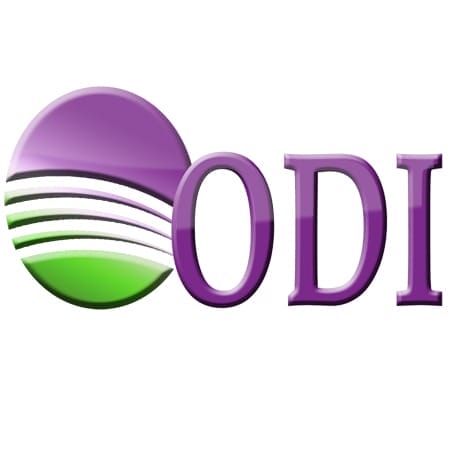Make Your WordPress Site Faster: The Simple Guide to Speeding Up Your Website!
In today’s fast-paced digital world, nobody likes to wait. Whether we’re browsing the web, shopping online, or accessing information, slow-loading websites can be a frustrating experience. As a website owner, ensuring that your WordPress site loads quickly is not just about user satisfaction but also critical for SEO and overall success. In this guide, we’ll explore simple yet effective strategies to speed up your WordPress site and provide your visitors with a smoother online experience.
Why Speed Matters
Before diving into the tips, let’s understand why website speed is crucial. Studies have shown that website loading speed directly impacts user experience, with slower sites leading to higher bounce rates and lower conversion rates. Additionally, search engines like Google consider page speed as a ranking factor, meaning that faster-loading websites are more likely to appear higher in search results. Therefore, improving your WordPress site’s speed not only enhances user satisfaction but also boosts its visibility and performance in search engine results.
1. Optimize Images:
Large image files can significantly slow down your website. To optimize your images for the web, use compression tools like TinyPNG or WP Smush. Additionally, resize images to the correct dimensions before uploading them to your site. By reducing the file size of images, you can improve loading times without compromising on quality.
2. Choose a Fast Hosting Provider:
The quality of your hosting provider plays a crucial role in website speed. Opt for a reputable hosting provider that offers fast servers and reliable performance. Consider using managed WordPress hosting services, which are specifically optimized for WordPress sites and often include built-in caching and performance optimization features.
3. Enable Caching:
Caching temporarily stores static files of your website, such as HTML, CSS, and JavaScript, on the user’s device. This allows returning visitors to load your site faster since their browser doesn’t need to download the same files again. WordPress plugins like WP Super Cache or W3 Total Cache make it easy to enable caching on your site and improve performance.
4. Minimize Plugins:
While plugins can add functionality to your WordPress site, having too many can slow it down. Regularly review your installed plugins and deactivate or uninstall any that are unnecessary or unused. Choose lightweight plugins that are well-coded and optimized for performance.
5. Optimize Your Theme:
The WordPress theme you choose can also impact your site’s speed. Opt for lightweight, well-optimized themes that prioritize performance. Avoid themes with excessive features or bloated code, as they can significantly slow down your website. Consider using a minimalist theme or a framework like Genesis Framework that prioritizes speed and performance.
6. Implement Lazy Loading:
Lazy loading delays the loading of images and other media files until they are needed, such as when they come into view as the user scrolls down the page. This can greatly reduce initial page load times and improve overall performance. Many WordPress plugins offer lazy loading functionality, making it easy to implement on your site.
7. Regularly Update WordPress and Plugins:
Keeping your WordPress core, themes, and plugins up to date is essential for maintaining security and performance. Updates often include bug fixes, performance improvements, and optimizations that can help speed up your site. Enable automatic updates whenever possible to ensure your site stays optimized without manual intervention.










